Beets, also known as beetroot, are a highly nutritious vegetable that offers a wide range of health benefits. They are rich in essential nutrients such as folate, manganese, potassium and vitamin C, as well as dietary fiber and antioxidants. These nutrients contribute to the potential health benefits of beets including improved blood pressure, enhanced athletic performance and reduced inflammation.
Additionally, the nitrates found in beets have been shown to improve blood flow and enhance cardiovascular health. Incorporating beets into a balanced diet can be a valuable way to support overall health and well-being. Yes beets are a nutritional powerhouse! But what about those green, leafy beet tops? Don’t throw them away! In this blog post we are going to explore the numerous health benefits of beet greens!
Beet Greens
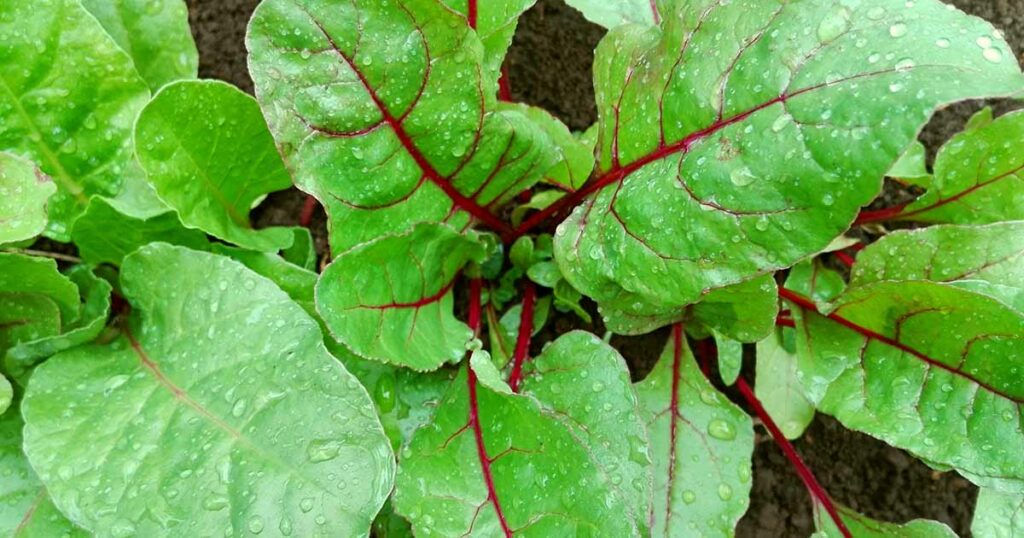
Beet greens, the leafy green tops of the beetroot plant, are often overlooked and discarded in favor of the root itself. However, these vibrant and nutritious greens are packed with health benefits and can be a valuable addition to your diet. In this blog post, we will explore the numerous health benefits of beet greens and discuss how you can incorporate them into your meals.
Rich in Nutrients
Those leafy greens are also a nutritional powerhouse, containing a wide array of vitamins, minerals and antioxidants. They are particularly high in vitamins A, C, and K as well as folate, potassium and iron. These nutrients play a crucial role in maintaining overall health and well-being.
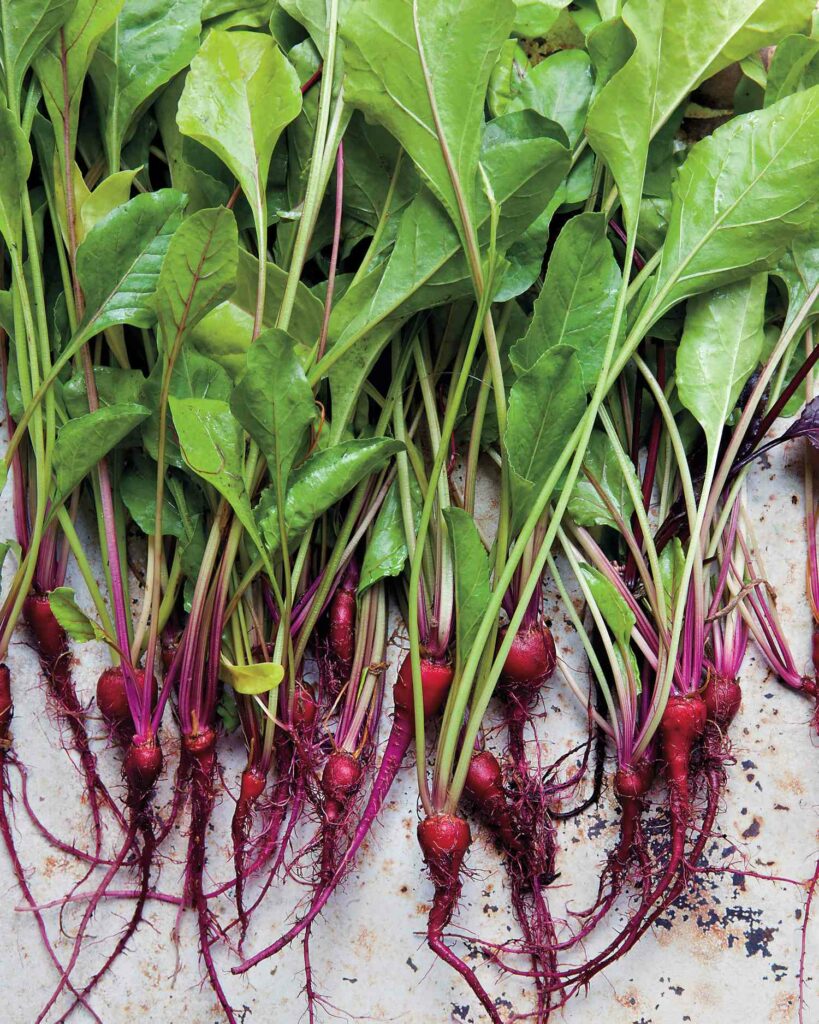
Vitamin A is a fat-soluble nutrient that plays a vital role in many aspects of human health. It supports normal vision, immune function, reproduction, growth and development and the proper functioning of various organs. Vitamin A also has antioxidant properties that may protect the cells from oxidative stress and inflammation.
Vitamin C is an essential nutrient that has many health benefits. It is a powerful antioxidant that can protect your body from free radical damage, which leads to inflammation, and chronic diseases. It also supports your immune system, wound healing, iron absorption and the health of your skin, bones and blood vessels. Vitamin C is found in many fruits and vegetables, such as oranges, strawberries, broccoli, spinach and, of course beet tops!
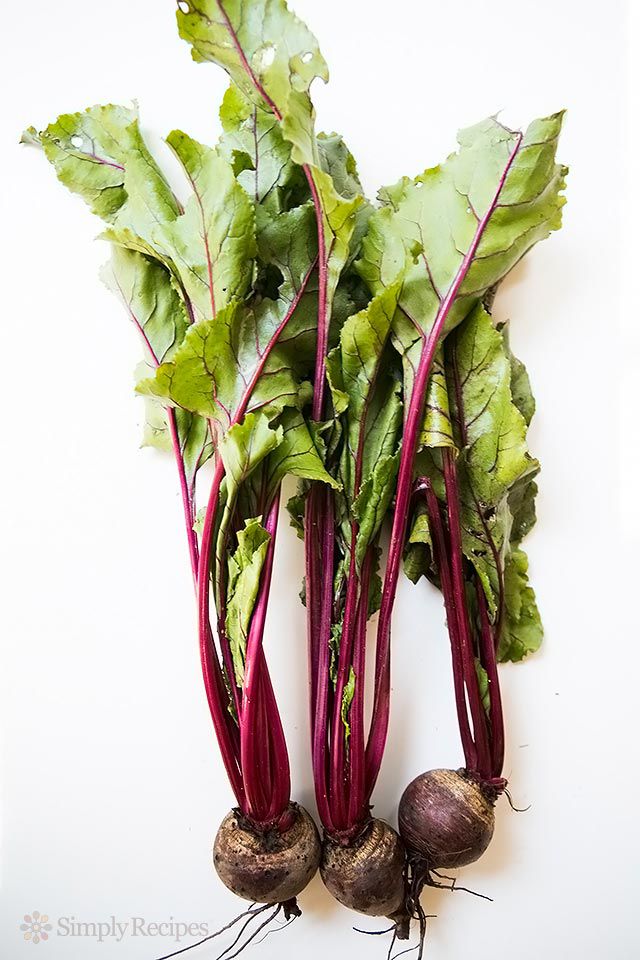
Vitamin K is an essential nutrient that helps your blood clot and your bones stay strong. It also may protect your heart and brain health. You can get vitamin K from plant foods like leafy greens, vegetable oils, and broccoli or from animal and fermented foods like cheese and eggs. Vitamin K supplements are usually not needed unless you have a medical condition that affects your vitamin K absorption.
Folate is a B vitamin that helps your body produce red and white blood cells, DNA and RNA and energy. Folate is especially important for pregnant women, as it can prevent birth defects of the brain and spine. Folate also has benefits for your heart, blood vessels, eyes and mood. You can get folate from foods like leafy greens, beans, nuts, and fruits or from supplements like folic acid.

Potassium is an essential mineral that plays a key role in many body functions. It helps regulate fluid balance, nerve signals, muscle contractions, blood pressure and heart rhythm. It also protects against stroke, osteoporosis and kidney stones. Potassium is found in many foods, especially fruits, vegetables, legumes and seeds.
Iron is a mineral that helps produce red blood cells which carry oxygen from the lungs to the rest of the body. It also supports the immune system, the nervous system and the production of hormones. Iron deficiency can lead to anemia, which causes fatigue, weakness, and pale skin.
To get enough iron, you should eat a variety of foods that contain iron, such as meat, poultry, fish, shellfish, legumes, nuts, seeds, eggs, dark green vegetables and fortified grains. You can also increase the absorption of iron by eating foods rich in vitamin C, such as citrus fruits, tomatoes, peppers, and broccoli.
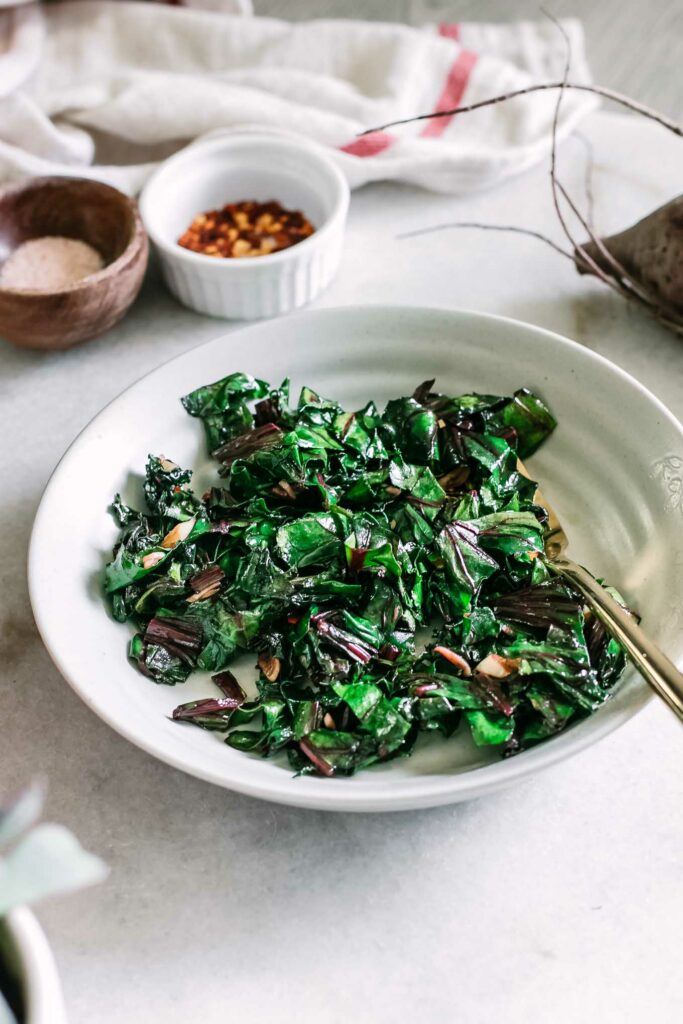
Supports Heart Health
The high levels of potassium and dietary nitrates in beet greens can have a positive impact on heart health. Potassium helps to regulate blood pressure by counteracting the effects of sodium, while dietary nitrates have been shown to improve blood flow and lower blood pressure. Consuming beet greens as part of a balanced diet may help reduce the risk of heart disease and stroke.
Aids in Digestion
Beet greens are a good source of dietary fiber, which is important for digestive health. Fiber helps to promote regular bowel movements, prevent constipation, and support a healthy gut microbiome. Including beet greens in your diet can help ensure that you are getting an adequate intake of fiber, which is essential for overall digestive health.

Supports Brain Health
The high levels of antioxidants in beet greens, particularly vitamin C and beta-carotene, can help protect the brain from oxidative stress and inflammation. These compounds have been linked to a reduced risk of cognitive decline and may help support brain function as we age.
How to Incorporate Beet Greens into Your Diet
There are numerous ways to incorporate beet greens into your meals. They can be sautéed, steamed or added to soups, stews and stir-fries. You can also blend them into smoothies or juices for a nutrient boost. When selecting beet greens, look for fresh, vibrant leaves with no signs of wilting or yellowing. Be sure to wash them thoroughly before use to remove any dirt or debris.
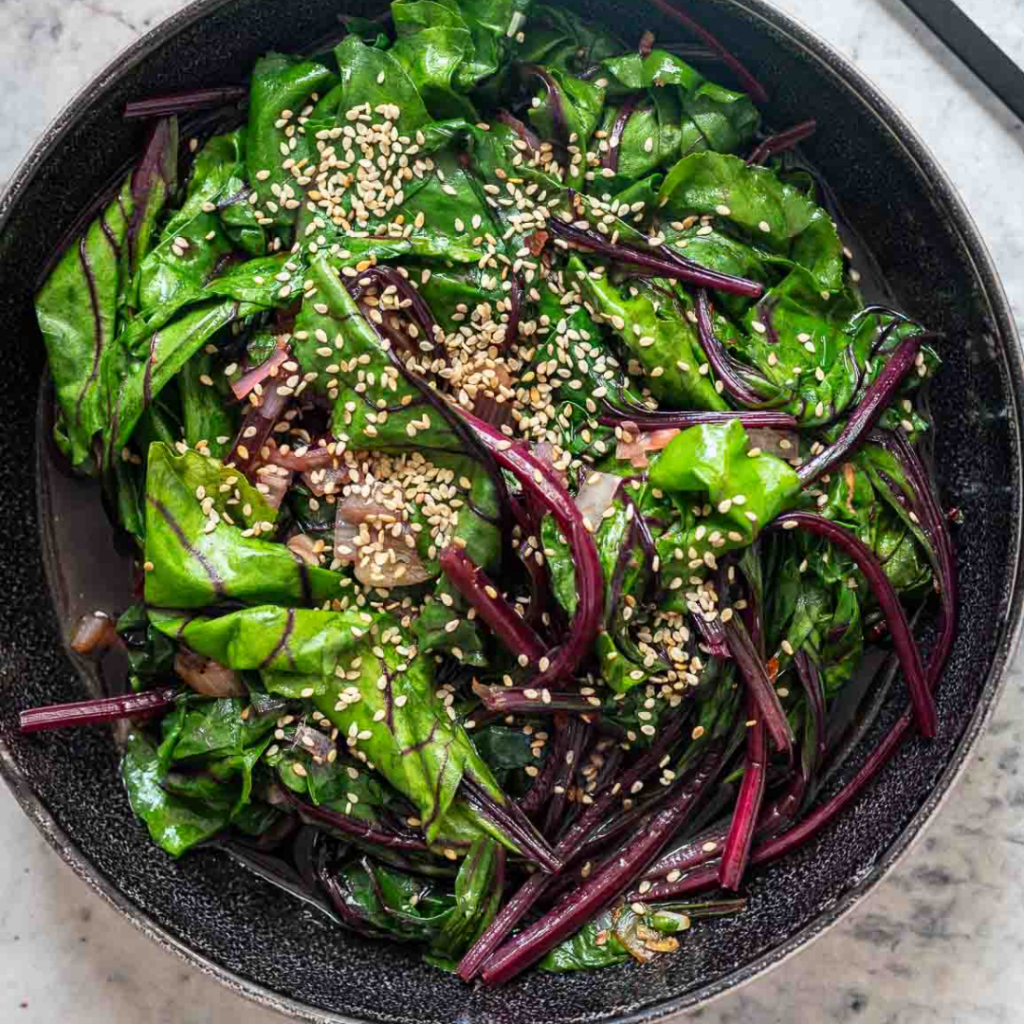
To conclude, beet greens are a highly nutritious and versatile leafy green that offers a wide range of health benefits. Whether you enjoy them in salads, smoothies or cooked dishes, adding beet greens to your diet can help support overall health and well-being. So next time you purchase beets, don’t discard those greens! Make the most of their nutritional value and enjoy the many health benefits they have to offer.
I hope you have enjoyed this content. If you have questions or comments I’d love to hear from you! Please do so in the ‘Leave a Reply’ section below. Finally, if you would like to be notified as updates are made to the content on this platform please enter your name and best email in the form below.

Grant Rayner
Some one once said to me “Our garden is our pharmacy” and that is so true, growing veggies, herbs, and fruits in our backyard can do so much for us if only we would take advantage of these natural medicines that can do our bodies so much good without any side effects. I believe that we are what we eat and drink so let’s use whats natural for better health and better living.
Hello Norman and thank you for your comments! I couldn’t agree more. My wife and I have always have gardens but we have a much larger property now and our garden yielded a nice harvest this past season. We are in the process of constructing four additional raised gardens for next season’s planting. We hope to have a much broader range of produce next season since, as you say ‘our garden is our pharmacy’. We hope to be food self-sufficient as we move forward and the beauty of it is, no GMO’s, no pesticides, no artificial colors or flavors!
Grant
Very informative article on the health benefits of beet tops. It’s great to know that beet greens are a rich source of vitamins and minerals, including vitamin C, vitamin K, and fiber 12. I was particularly interested to learn they can can also help boost immunity, lower blood pressure, and improve mental health. Nature is always providing – good call to point out we shouldn’t be wasting these.
Hey Ben! Thanks for commenting! My fav veggie used to be spinach but my wife introduced me to beet greens when we met 18 years ago. I still love my spinach but it’s a close call as to which is my fav now. I think it’s a toss-up! I didn’t know all these things about beet tops either until I did the research. So absolutely yes, nature is always providing and no, do not waste those beet tops!
Grant